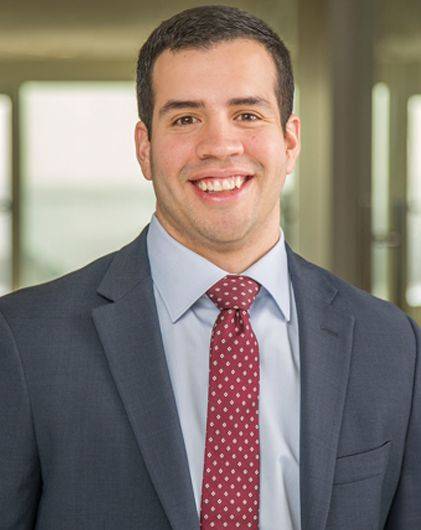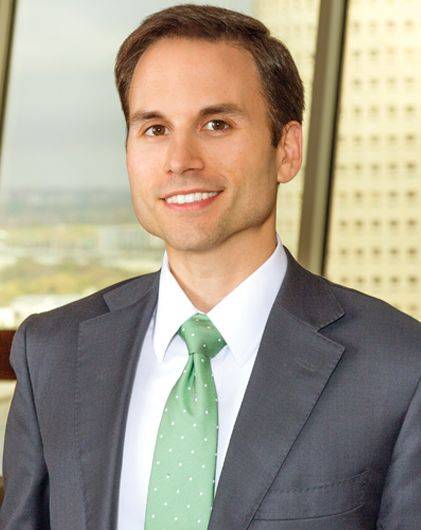Incoming Wave of Employees' COVID-19 Injury Lawsuits Will Face Significant Hurdles
As businesses across the country reopen and employees return to work after weeks of government-mandated lockdowns, the number of claims against employers related to COVID-19 is expected to rise significantly in the coming months. Public health officials have predicted that employees returning to work will likely increase their risk of exposure to COVID-19, and it’s anticipated that some employees who become infected with COVID-19 after returning to work will ultimately blame their employer for contracting the virus.
These employees may claim that their employer failed to take the necessary precautions to protect them from contracting COVID-19 and argue that their employer should pay them for damages sustained as a result of their illness. Also, the family of employees who tragically pass away from the virus may try to assert a wrongful death action against the employer for failing to keep their loved one safe while at work. However, employees and their family members will find it difficult to hold an employer accountable for COVID-19-related illness or death.
Claims against employers alleging that an employee contracted COVID-19 at work will most likely go through the workers’ compensation system. In most states, workers’ compensation serves as the exclusive remedy for any work-related injuries and illnesses, which often is beneficial for the employer in terms of limiting exposure. In Florida, for instance, workers’ compensation is the sole remedy for occupational diseases, and an employee may receive worker’s compensation if he or she shows that the risk of contracting the disease is inherent in his or her employment and that he or she contracted the disease at work.
Employees, however, will find it challenging to satisfy this standard because COVID-19 is a highly contagious virus and common in society, making it hard for an employee to prove that exposure to the disease was an inherent aspect of the employee’s job or that the disease was contracted while at work. Even with a confirmed COVID-19 diagnosis and anecdotal evidence of fellow employees contracting the disease, employees will struggle to establish causation because many details about COVID-19 remain unknown, especially its incubation period. Similarly, because COVID-19 is highly contagious, it may be challenging to prove that the disease was contracted during employment, as opposed to any other interaction outside the workplace.
Several state workers’ compensation boards have already considered and denied workers’ compensation claims based on contracting COVID-19 because of a lack of conclusive proof connecting the illness to the employment. Some states, like New York, however, have considered amending workers’ compensation statutes and regulations to make it easier for employees to prove that they contracted COVID-19 while at work. And in other states, like California, governors have issued executive orders easing the employees’ burden of proving that they contracted COVID-19 while at work and in the course of their employment. Florida has not amended its workers’ compensation laws or issued any orders that modify the high burden set forth above. Thus, the chances that such claims succeed in Florida remain low.
Although workers’ compensation provides employees with the sole remedy for work-related injuries and illnesses, most states have an exception to this rule when the employer has deliberately harmed the employee or, in some states, acted grossly negligent. Because workers’ compensation claims usually cap damages based on an employee’s wages, many employees will attempt to avoid the workers’ compensation system under this exception and file a civil suit in court to request greater damages. For example, Walmart recently was named as a defendant in a wrongful death lawsuit brought by the family of a former employee who died of complications related to COVID-19. The lawsuit is attempting to get around the limitations of the workers’ compensation system (and damages caps) by alleging that Walmart engaged in intentional conduct by not protecting its employees.
In Florida, an employee can file a COVID-19 claim in court and circumvent the workers’ compensation system only if they prove that:
- the employer deliberately intended to injure the employee or
- the employer engaged in conduct that the employer knew was virtually certain to result in injury or death to the employee, the employee was not aware of the risk because the danger was not apparent, and the employer deliberately concealed or misrepresented the danger so as to prevent the employee from exercising informed judgment about whether to perform the work.
Under this standard, employees most likely cannot file a suit for contracting COVID-19 at work because the employee will probably lack proof that the employer desired that the employee would contract COVID-19. Likewise, because many who contract COVID-19 exhibit no symptoms or recover without any significant medical complications, employees will face an uphill battle in proving that the employer was “virtually certain” that the employee would get injured or die from contracting the virus. Finally, the ubiquitous media coverage on COVID-19 will make it difficult to prove that the employee was unaware of the health risks associated with COVID-19.
Despite the challenges in holding employers legally accountable for COVID-19 illnesses, many employee lawsuits already have been filed, and more are anticipated as employers reopen their businesses. Amid these uncertainties and anticipated lawsuits, employers should stay informed on the constantly updated CDC and OSHA guidelines that apply to them, including industry-specific guidelines, to demonstrate that they took necessary steps to protect employees from the virus. Employers also should document all of these practices, including the dates on which they were implemented, to help limit their potential liability. Even in states that require an employee to prove gross negligence to bypass the workers’ compensation system, employees and their family will find it difficult to prove that their employer was negligent if the employer followed the applicable guidelines.
Please contact Jason Pill, Matt Perez or any other member of Phelps’ Labor and Employment team if you have any questions or need compliance advice and guidance. For more information related to COVID-19, please also see Phelps’s COVID-19: Client Resource Portal.



